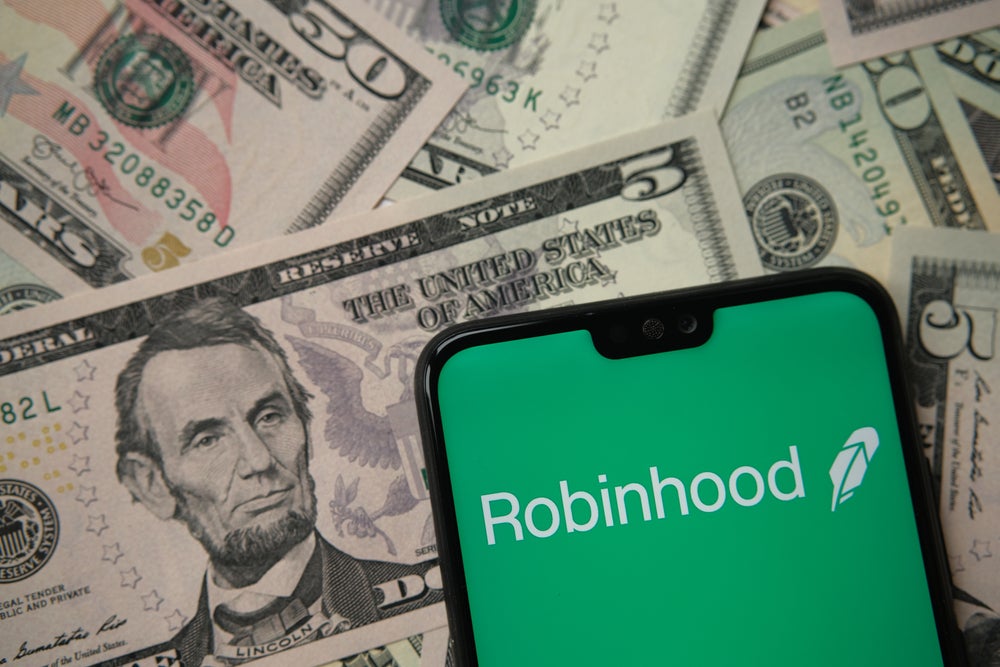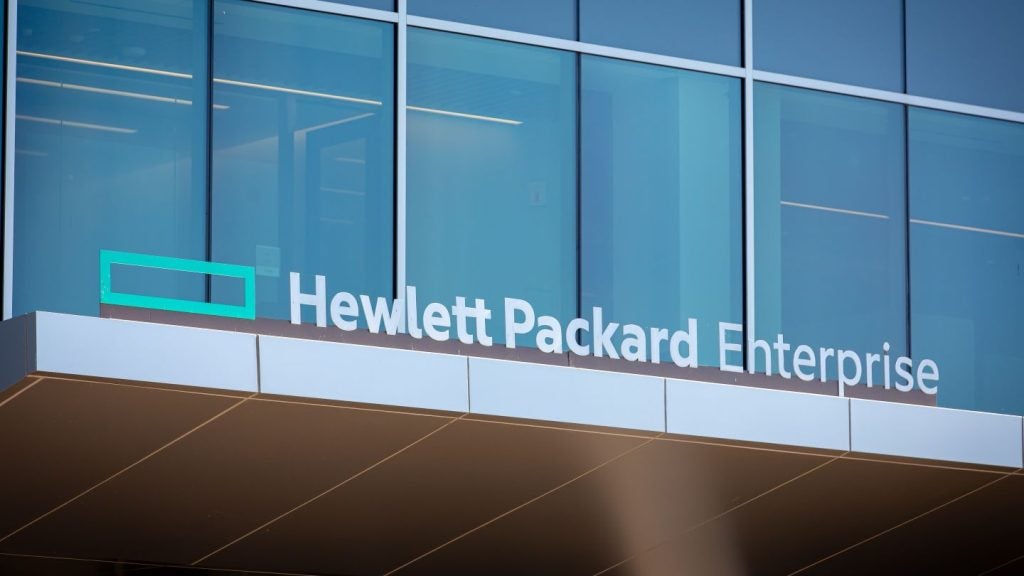Dumb Money premiered in cinemas last month, chronicling the 2021 Robinhood/GameStop stock market scandal.
The timing coincides with the high-profile trial of the crypto sector’s ‘golden boy’, Sam Bankman-Fried, who faces the rest of his life in jail if convicted of several fraud charges relating to the collapse of FTX, which sank the cryptocurrency market.
The background
The month-long financial tumult hit the headlines in early January 2021, creating a whirlwind of financial panic as shares trading platform Robinhood suspended trading of GameStop stock and other financial securities.
Robinhood famously made headlines after being rocked by the rise of meme stock, where a company’s shares gain viral popularity due to heightened social sentiment. The common consensus behind these moves was to punish Wall Street golden boys who wanted to bring down a company with sentimental value for many.
A short squeeze takes place when significant investors hold a short-sell position on a security and are betting on its price falling. The short squeeze begins when the price rises unexpectedly and gains momentum as a large share of the short sellers decide to cut their losses and exit their positions.
Dumb Money follows the story of Keith Gill, an American financial analyst, who risks his life savings buying GameStop stock (GME), after noticing the stock price falling on the subreddit r/WallStreetBets.
By January 2021, it emerged that several hedge fund investment firms had been short-selling GME with the assumption it would close, due to the rise of online stores over traditional mall stores like GameStop. Online investors continued to aggressively buy the stock, driving the price up by 2,321%, from $19.95 on 12 January to $483 on 28 January, costing investment executives hundreds of millions of dollars.
Robinhood reaction
When Robinhood could not clear its sales, it suspended the sale of GME and other heavily shorted securities and cryptocurrencies, alongside other trading platforms.
Robinhood’s traders allege that the platform participated in market manipulation. Robinhood’s CEO, Vladimir Tenev, explained that the trading restrictions were due to clearing house (a designated intermediary between a buyer and seller in a financial market) deposit requirements because of an exceptional increase in orders for GME.
Tenev’s shutdown of GME orders succeeded in driving down the stock price. But it also stirred regulatory interest. When the dust settled on the market frenzy, Robinhood was the target of several lawsuits and saw its value tumble.
Robinhood recently achieved Generally Accepted Accounting Principles (GAAP) profitability, a benchmark for US publicly traded companies, for the first time since its 2021 IPO. Robinhood is among the leaders of fintech brokerages offering crypto trading, with $12bn in crypto assets and $38m in revenue, according to its 2023 Q1 earnings report.
Robinhood hopes to launch in the United Kingdom by the end of 2023, three years later than originally planned. Its application to operate in the UK has been declined twice in the past. However, its latest attempt is through the acquisition of UK-based crypto trading firm Ziglu.
Lessons learned
The fallout of the GameStop short squeeze highlights the impact of free and easy access to the stock market through trading apps such as Robinhood, and the increase in volume of retail investors keen to take on Wall Street.
The implication that the stock market is a rigged game, and a reminder that even when we think we’re playing the game, the opponent has a different rulebook, comes as no surprise to filmgoers.
Stock markets and regulators were underprepared for the effect small individual traders and social media-led herd behaviour could have on the markets. Herding, an intrinsic tendency observed when individual actors align with the behaviour of those around them, has been observed numerous times in stock market bubbles in the past, but proves particularly dangerous when fuelled by social media.
Perhaps the most important revelation Craig Gillespie’s Dumb Money makes is not about the financial markets, but rather the power of the internet and social media.








